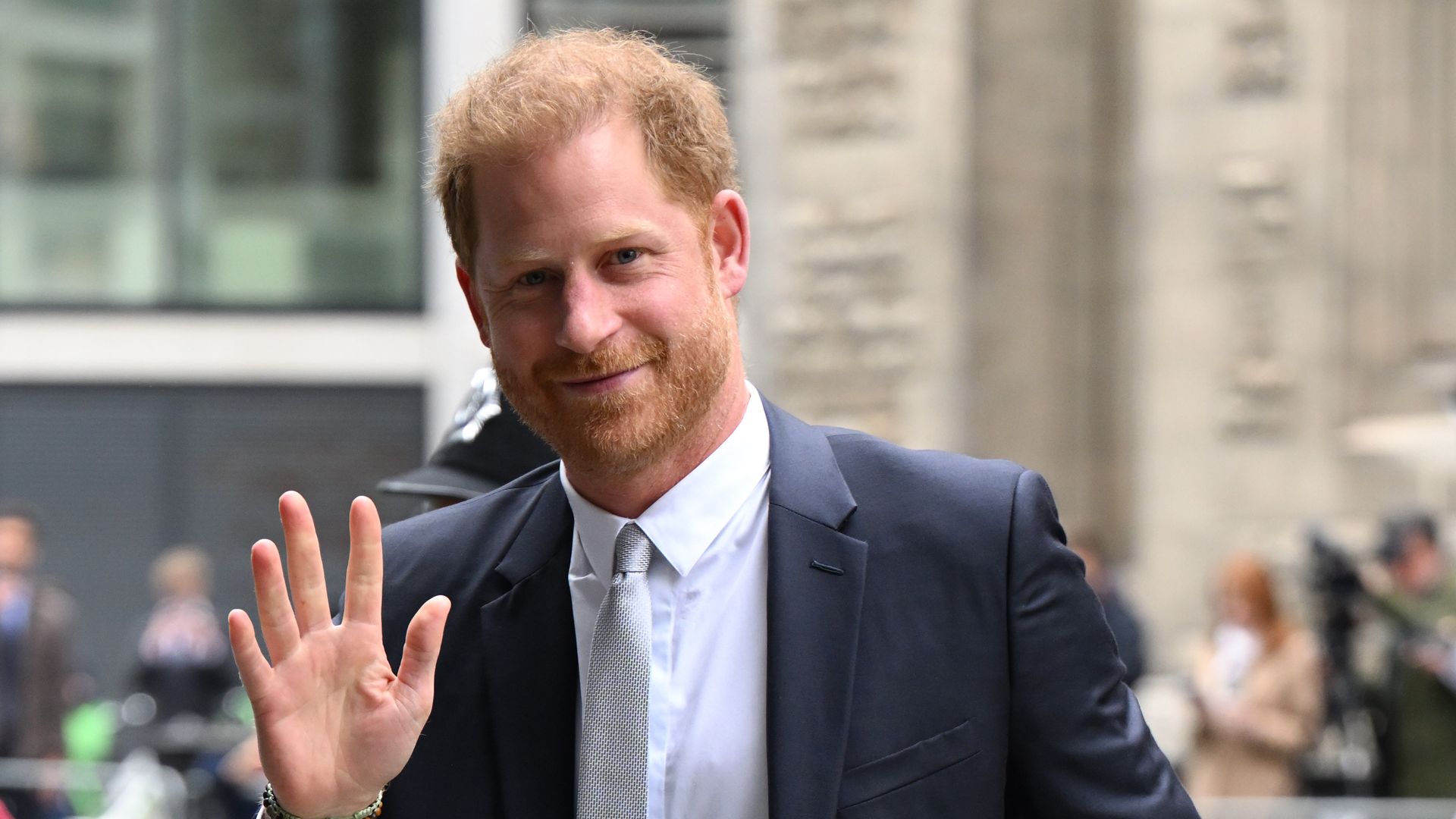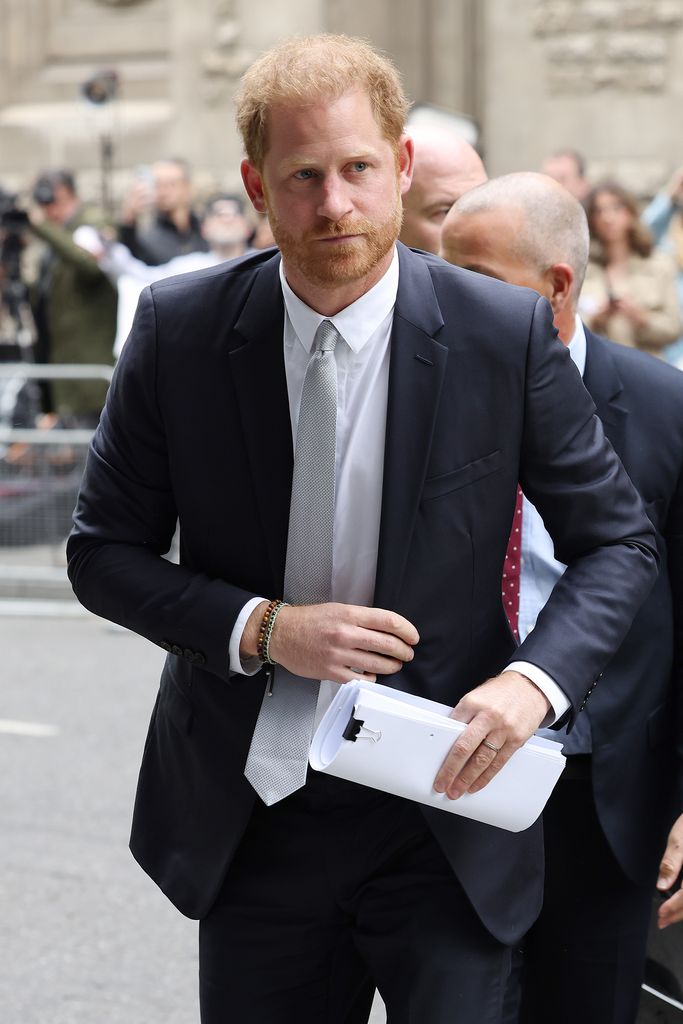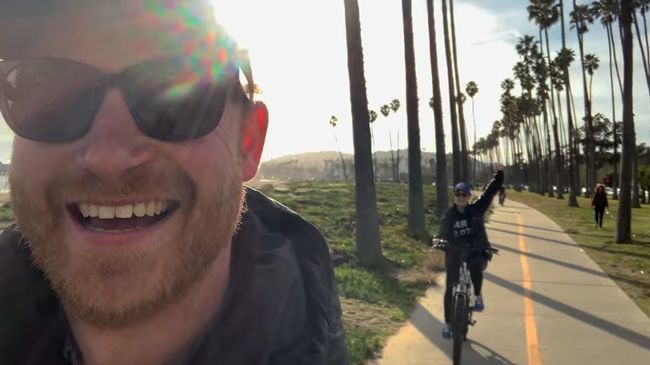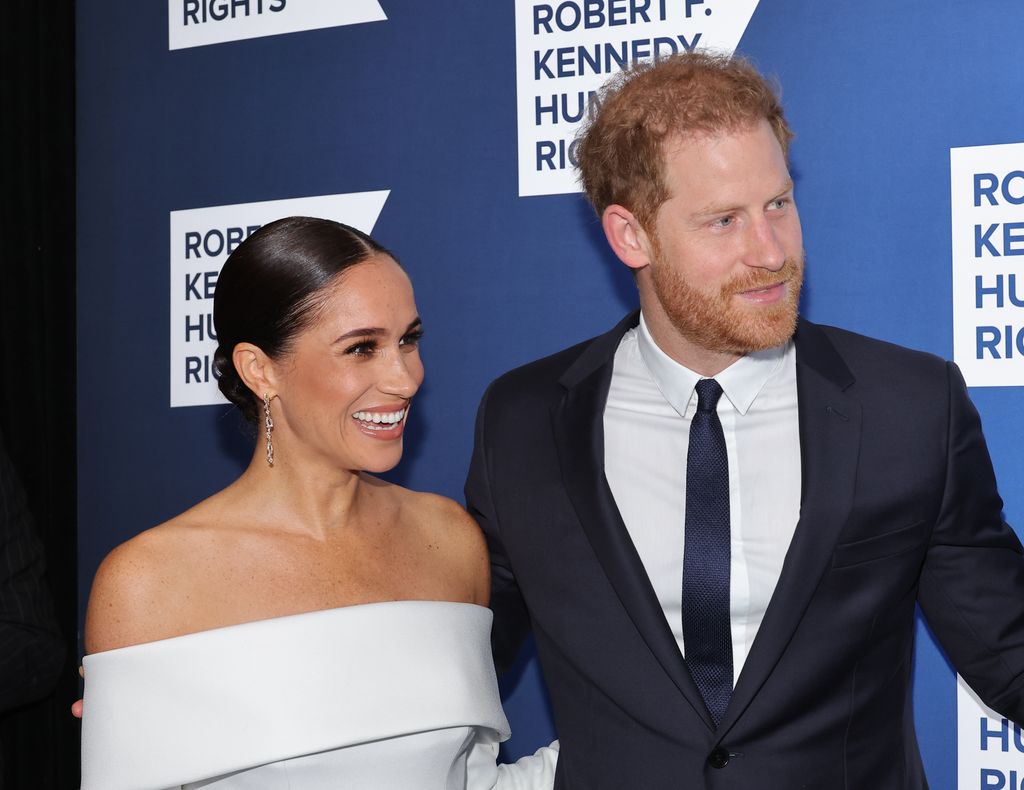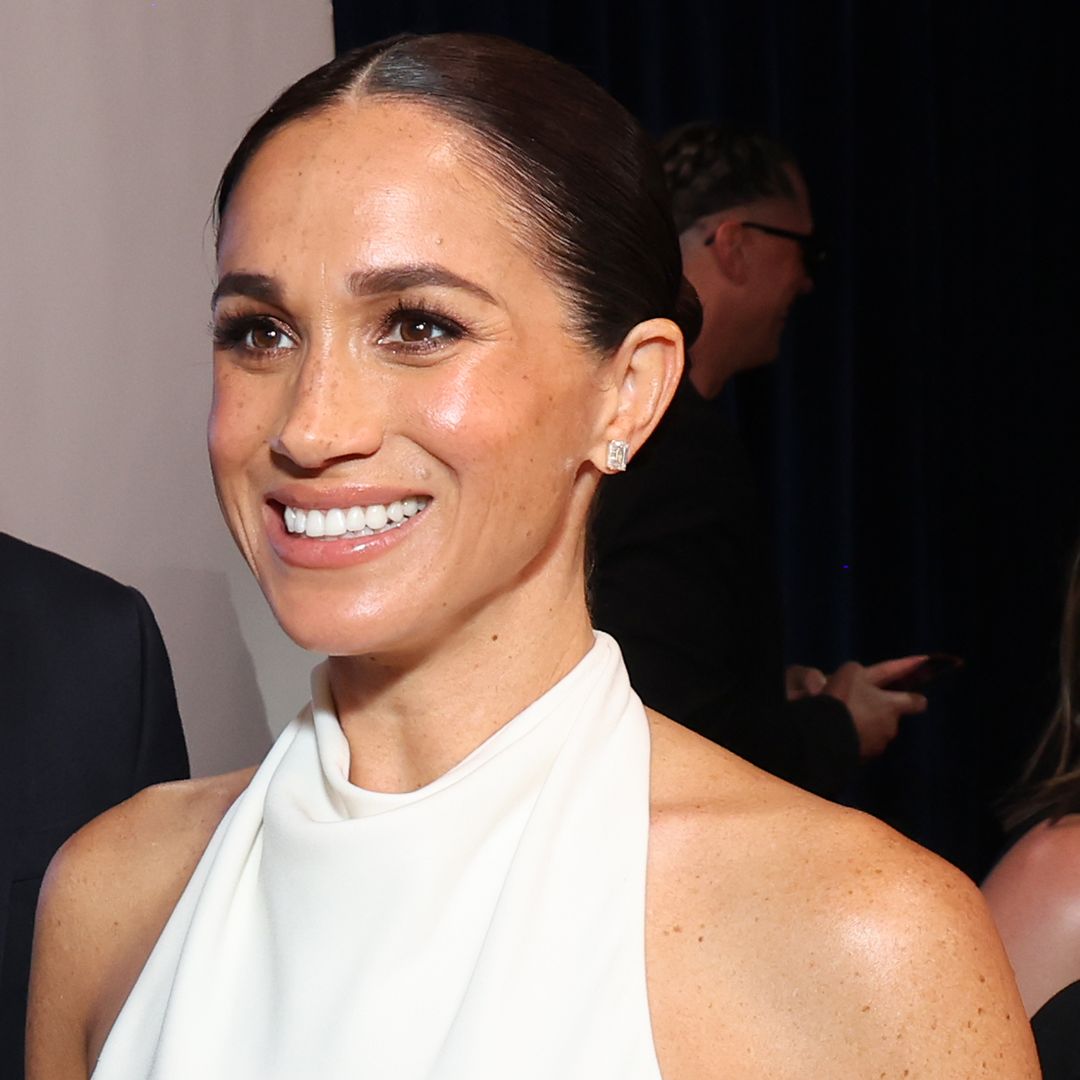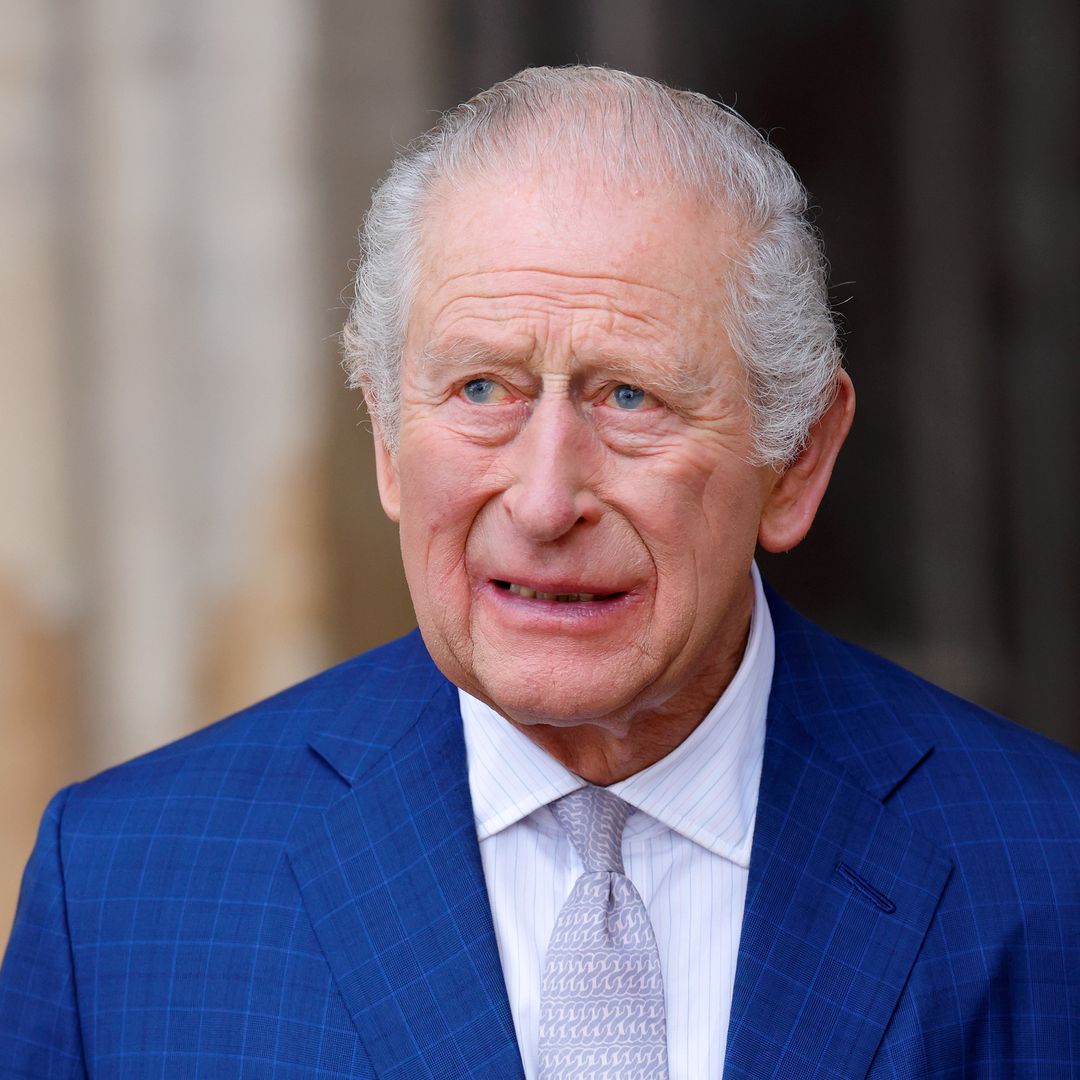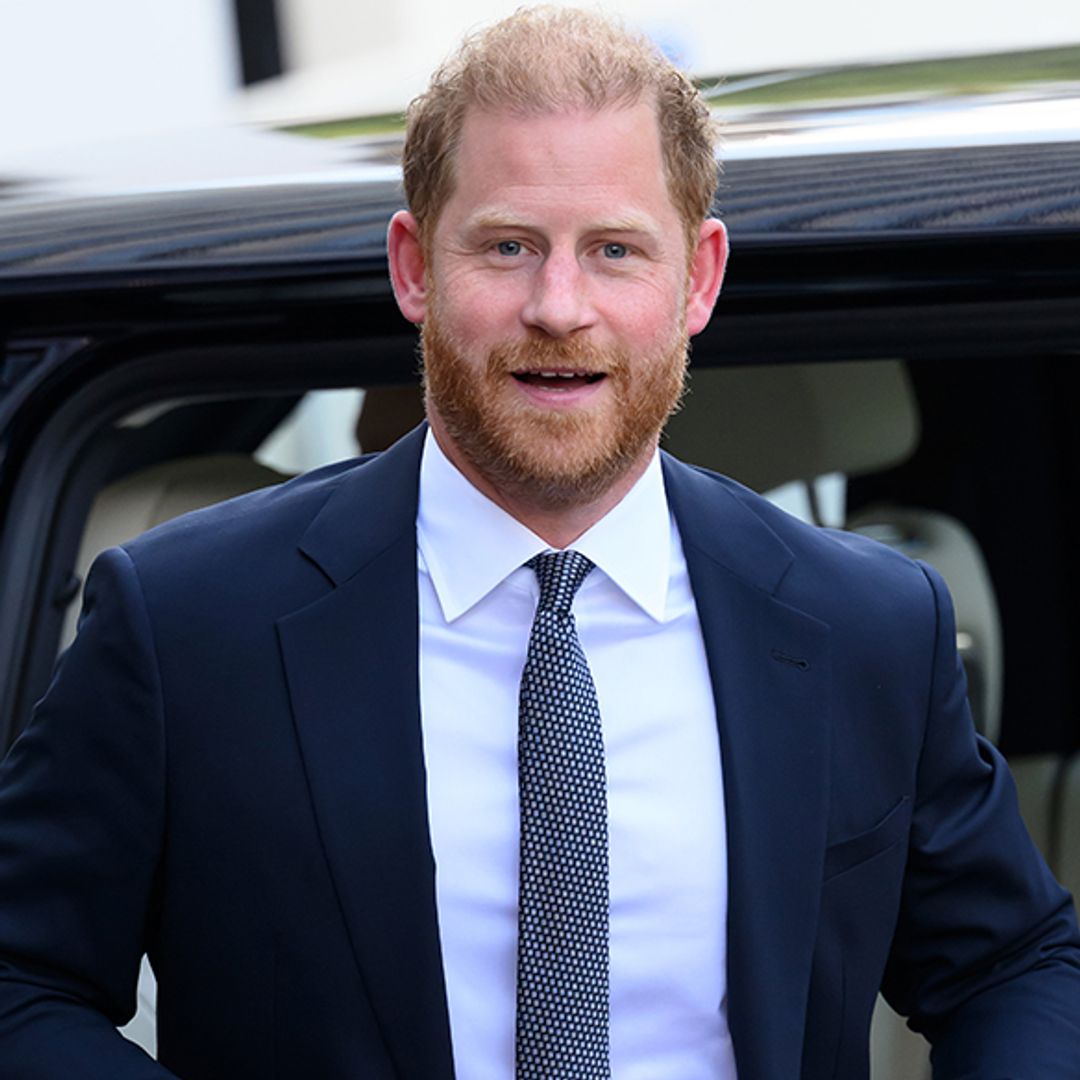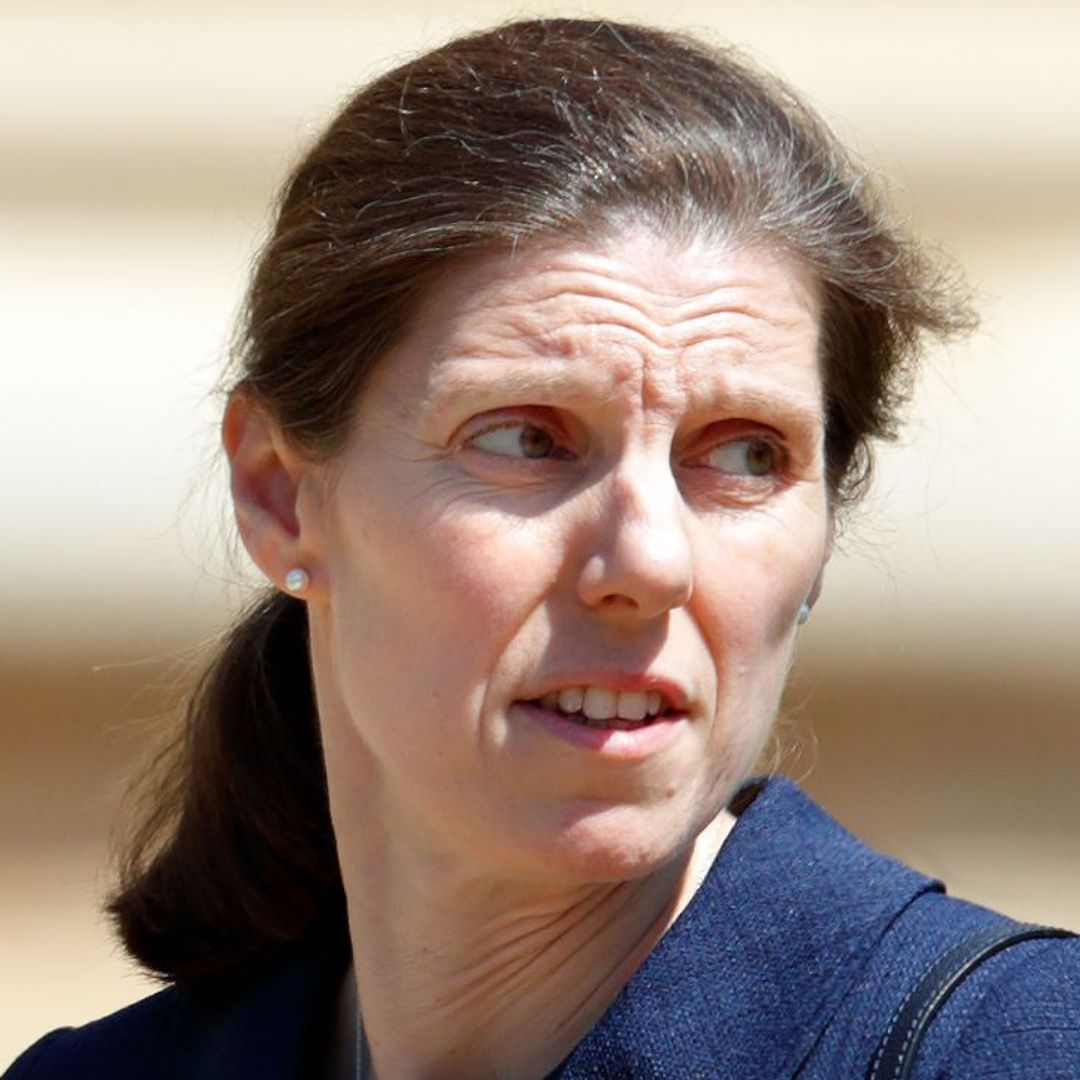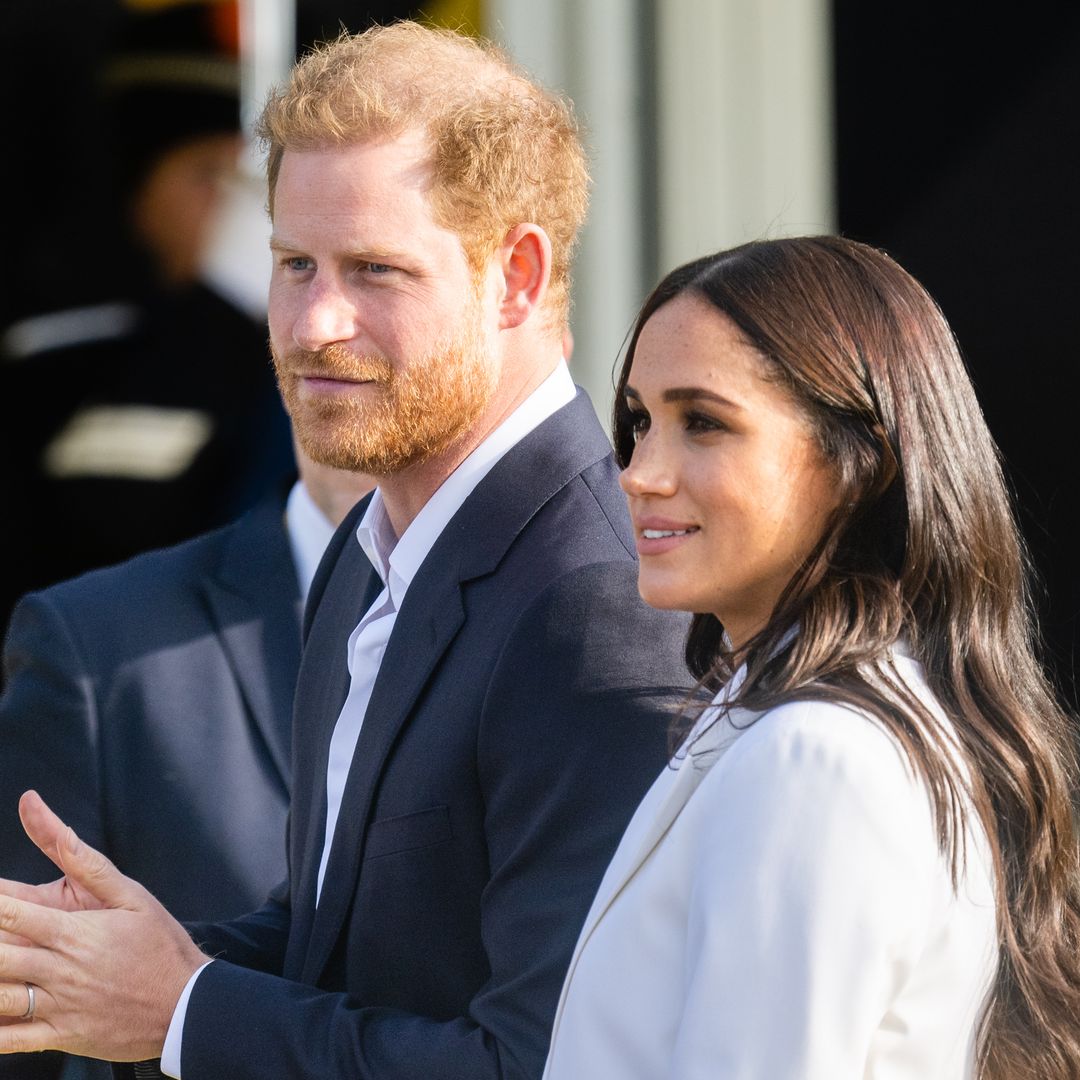Prince Harry's US visa records will not be made public after a Freedom of Information Act request was denied by the Department of Homeland Security.
The Heritage Foundation think tank argued that the Duke of Sussex's visa records should be made public after he admitted in his blockbuster memoir Spare to taking drugs including marijuana and cocaine in the United Kingdom, and psychedelic mushrooms in California.
However, in a letter to send to the organization, DHS Senior Director Jimmy Wolfrey wrote: "To the extent records exist, this office does not find a public interest in disclosure sufficient to override the subject’s privacy interests."
The admissions of drug abuse can be a hurdle for non-Americans who want to be admitted to the country as it is a required answer on visa forms.
In response, the director of the Heritage Foundation’s Margaret Thatcher Center for Freedom, Niles Gardiner, said the DHS response “shows an appalling lack of transparency by the Biden Administration," and that "the Department of Homeland Security’s efforts to stonewall the Heritage Foundation’s Freedom of Information request are unacceptable, and we will be contesting their position".
"There are only three possible ways in which the Duke of Sussex could have entered the United States on a visa: (1) Prince Harry disclosed the full extent of his drug use and received a waiver; (2) DHS blatantly ignored the law; or (3) Prince Harry lied on oath," he continued.
"To say, as DHS argue, that merely acknowledging whether a waiver exists would violate the Duke of Sussex’s privacy is to say: (1) it is private whether he has a waiver, which he must have if he complied with the law given that he currently resides in the United States; (2) it is private whether the government blatantly ignored the law in Prince Harry’s case; or (3) that there is a privacy interest in perjury."
"Ultimately the release of Prince Harry’s US immigration records will be decided in federal court by a federal judge. We are determined to prevail in a matter of clear public interest, on an important issue that matters to the American people: the application and enforcement of America’s immigration laws without fear or favor," he concluded.
Customs and Border Protection, US Citizenship and Immigration Services, and the Office of Biometric Identity Management had all also rejected requests for Harry's records. Speaking to reporters outside the DC federal courthouse, the Foundation's lawyer claimed that Prince Harry had forfeited his right to privacy after highly publicized interviews, and the decision to release an autobiography.
Harry moved to the US in 2020 with his wife, American Meghan, the Duchess of Sussex. They have two children, Prince Archie and Princess Lilibet, whom they are raising in Montecito, two hours north of Los Angeles.
Harry’s visa status is unknown.
